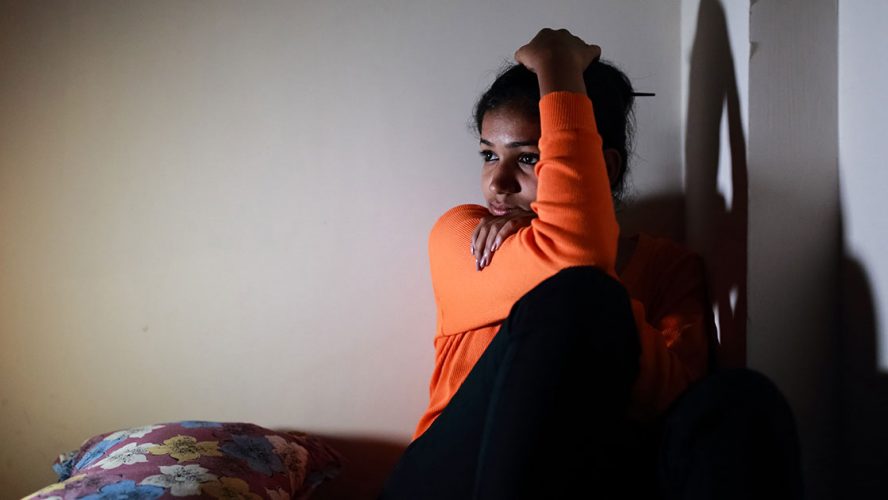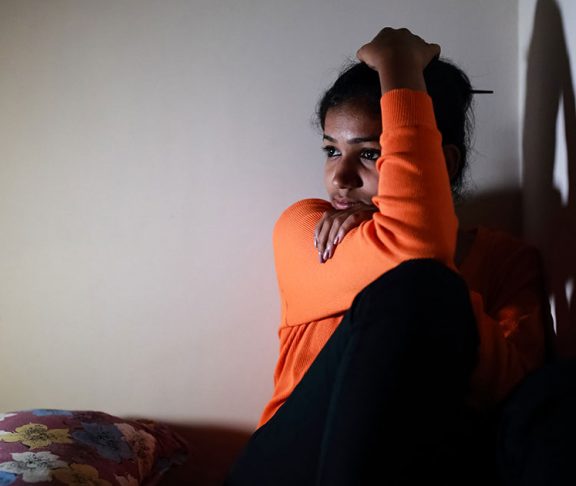
Dr. Henk Bekedam
WHO Representative to India
Suicide is a global phenomenon influenced by psychological, social, biological, cultural and environmental factors. The strongest risk factor is a previous suicide attempt. It has been observed that for each adult who commits suicide, there may have been more than 20 others attempting self-harm. The numbers are particularly high among marginalized and vulnerable populations.
India’s suicide prevention efforts
As in the other parts of the world, the 15–29-year-olds in India are more vulnerable to suicide attempts. However, suicides are preventable, and early intervention will help in reducing suicide attempts. A multi-sectoral suicide prevention strategy is imperative to save these precious lives. Key sectors of government, including health and other ministries concerned, and the media must work in tandem for effective implementation of this strategy. Suicide prevention programs in educational institutions is an effective approach. A healthy lifestyle with adequate physical activity, healthy diet, abstinence from tobacco and alcohol and promotion of mental wellbeing is also a good preventive strategy. Yoga and meditation have proven to be beneficial. There is also a need to make this vulnerable group aware of the adverse impact of long hours of using mobile devices and watching television.
As many as 56 million people in India had depressive disorders in 2015. Drawing attention to this growing incidence, Prime Minister Narendra Modi urged in his monthly radio broadcast, “Mann Ki Baat,” that “depression needs expression, not suppression.”
Government programs step in to help
Sharing a theme of “Depression—Let’s Talk,” World Health Day 2017 helped focus attention on the need to overcome the barriers and stigma associated with depression and seeking appropriate help. Depression is a major trigger for suicide. With its human rights stances, India’s 2017 Mental Health Care Act decriminalizes attempted suicide; it also grants more autonomy to individuals to decide on their course of treatment. The National Mental Health Program of India also aims at ensuring quality mental health care for all at the primary health care level.
On its part, the WHO Mental Health Action Plan 2013-2020 provides global guidance to work in resource limited settings. Its inclusion of “suicide mortality rate” provides windows of opportunity to mental health promotion and suicide prevention around the world.
We all have a role in the prevention of depression and suicides. As friend, family members and colleagues, we must reach out to save lives.

